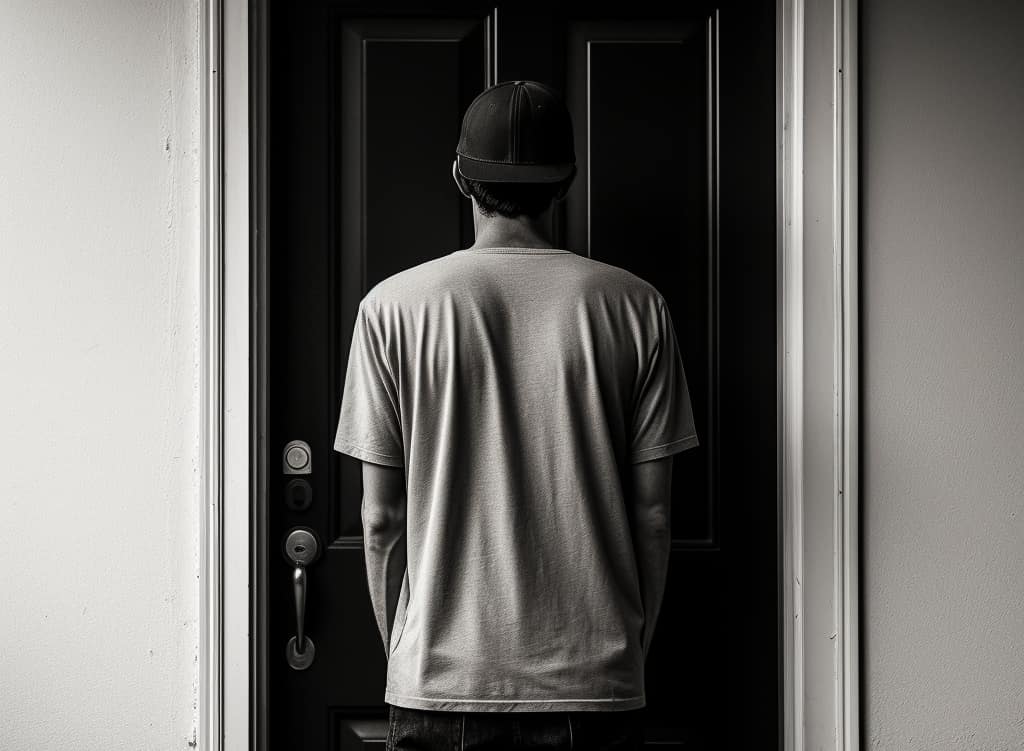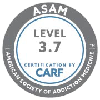Inpatient detox rehab, often simply called inpatient rehab, is a residential treatment program specifically designed to offer detoxification for individuals battling addiction. It’s a comprehensive approach that combines medical detoxification with intensive therapy, housed within a facility where patients stay for the first portion of their treatment.
The Initial Step: Detoxification
The first and often the most critical phase of inpatient rehab is detoxification or detox. This is where the body is cleansed of addictive substances in a safe, controlled environment. Under the watchful eyes of medical professionals, clients undergo withdrawals, a challenging but essential process, where the body readjusts to functioning without the addictive substance.
Detox can be physically and emotionally taxing, with withdrawal symptoms ranging from mild to life-threatening. The inpatient setting offers round-the-clock medical care to manage these symptoms and ensure the safety and comfort of the patient.
The journey of detoxification from drugs and alcohol is a personal and unique experience for each individual, and understanding the various timeline options can help in making informed decisions about treatment.
While the length and nature of detox depend on numerous factors including the substance involved, duration of use, and the individual’s physical and mental health, there are generally three broad timeline options to consider.
Short-Term Detox: A Swift, Intense Approach
Duration: Typically 3 to 7 days
Short-term detox is often suitable for those with a less severe addiction or for substances that have shorter withdrawal periods. This option is designed to manage the immediate physical effects of stopping substance use and to stabilize the individual quickly.
What to Expect:
- The first 1-2 days usually involve the onset of withdrawal symptoms.
- Symptoms may peak around the third day and can include physical and psychological effects.
- Medical supervision is crucial to manage any acute withdrawal symptoms safely.
- The focus is predominantly on physical stabilization.
Short-term detox is often a precursor to further treatment, such as outpatient therapy, as it does not typically allow time for extensive psychological support or for addressing underlying issues related to addiction.

Standard Inpatient Detox Rehab: The Most Common Route
Duration: Usually 7-14 days
This timeline is often recommended for individuals with a moderate level of addiction and is the most commonly pursued detox duration. It provides a balance between managing physical withdrawal symptoms and beginning to address psychological dependencies.
What to Expect:
- The initial few days focus on managing acute withdrawal symptoms.
- As physical symptoms begin to subside, psychological support and therapy are introduced.
- This duration allows for a more gradual reduction in symptoms and can accommodate a variety of withdrawal timelines for different substances.
- There is an emphasis on preparing for the next stage of addiction treatment.
Standard detox provides a comprehensive approach, balancing the immediate needs of physical withdrawal with the initiation of psychological healing and recovery planning.
Extended Detox: A Longer, More Gradual Process
Duration: Can extend beyond two weeks, sometimes up to a month or more
Extended detox is often necessary for individuals with severe long-term addictions or when detoxifying from substances with prolonged withdrawal periods. This option allows for a more gradual reduction of the substance, minimizing the shock to the system.
What to Expect:
- A slower tapering process to ease the body off the substance, reducing the intensity of withdrawal symptoms.
- Ongoing medical supervision to address any long-term health issues arising from addiction.
- Increased emphasis on psychological support, therapy, and planning for long-term recovery.
- Adequate time to address co-occurring mental health disorders.
Extended detox provides a comprehensive and slower-paced approach to withdrawal, focusing on both physical stabilization and in-depth psychological support, laying a stronger foundation for long-term recovery.
Beyond Detox: Therapy and Rehabilitation
Once detox is complete, the rehab phase begins. This is where the emotional and psychological aspects of addiction are addressed. Inpatient rehab offers a variety of therapeutic modalities, including individual therapy, group therapy, and sometimes holistic treatments like yoga or art therapy.
Each client’s treatment plan is tailored to their specific needs, addressing not just their addiction but also any underlying issues such as trauma, mental health disorders, or family dynamics.

The Environment: A Space for Healing
Inpatient detox rehab facilities provide a structured, supportive environment free from the triggers and stresses of everyday life. This setting allows patients to focus solely on their recovery, surrounded by professionals and peers who understand the journey of addiction.
Facilities often offer amenities to support physical and emotional well-being, such as comfortable living quarters, nutritious meals, and recreational activities. The goal is to create a holistic healing environment that nurtures both body and mind.
The Outcome
The ultimate goal of inpatient detox rehab is to equip clients with the tools and coping mechanisms they need for long-term sobriety. This includes developing healthier habits, building a supportive network, and creating a relapse prevention plan.
For those considering this path, inpatient detox rehab is not just a choice—it’s an embrace of hope. As we navigate the complexities of addiction, inpatient rehab stands as a vital guide, leading the way to recovery, one step at a time.
Begin Your Healing Journey at Saddleback Recovery
Are you or a loved one struggling with addiction and ready to take the first step towards a healthier, sober life? Saddleback Recovery is here to guide you through this transformative journey. Our inpatient detox rehab program provides a nurturing environment, comprehensive care, and a personalized approach to suit your unique needs. Here, you’ll find not just medical support but a community committed to your recovery. Embrace hope, find strength, and rediscover a life of joy and fulfillment with Saddleback Recovery. Contact us today and embark on your path to healing and transformation.









